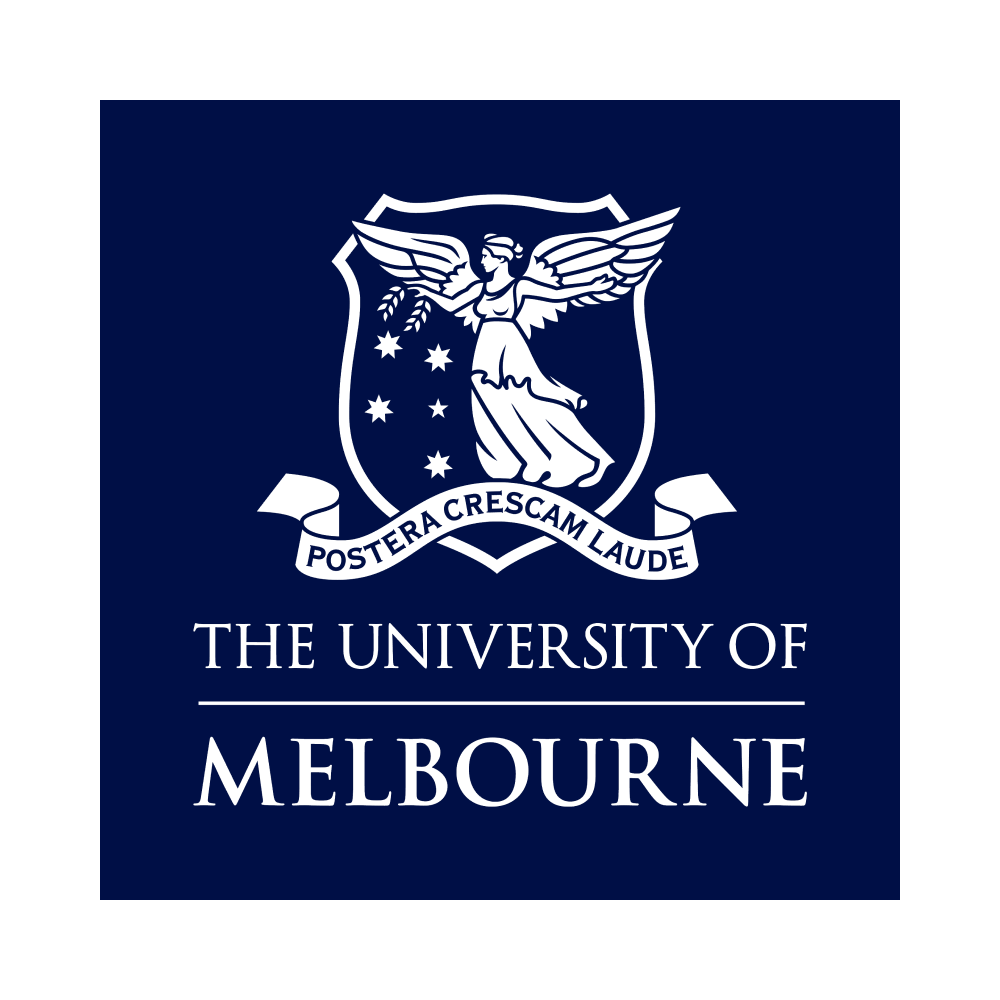University of Melbourne
Master of Applied Econometrics
- Delivery: Face to Face
- Study Level: Postgraduate
- Duration: 18 months
- Course Type: Master's
Studying this course will give you the econometric expertise to answer real-world economic questions. You can also specialise in areas relating to your career goals.

Course overview
Why study Applied Econometrics at Melbourne Business School?
- Master the technology you'll be using in the workplace: learn how to use the software and tools that professional econometricians employ on a daily basis. Plus, take advantage of our internship and Practicum subjects.
- Learn from leading academics: our expert academics maintain strong connections to industry and government.
- Practical and specialist subjects: core subjects include ‘Forecasting’ and ‘Data Wrangling and Visualisation’ and elective options span finance, trade, logistics and the opportunity to undertake a specialist research report.
Aimed at students with a background in economics, analytics or mathematics (including some statistics), the Master of Applied Econometrics is a three-semester program that focuses on the practical application of advanced econometric modelling techniques.
Econometric skills (the application of statistical methods to economic data) are increasingly in demand as advances in information and communications technologies offer greater opportunities to work with big data.
CSP Subsidised Fees Available
This program has a limited quota of Commonwealth Supported Places (CSP). The indicative CSP price is calculated based on first year fees for EFT. The actual fee may vary if there are choices in electives or majors.
Key facts
What you will study
To gain the Master of Applied Econometrics, you must complete 150 credit points comprised of 12 subjects. Each subject is valued at 12.5 credit points.
Students complete five core subjects.
Students must complete all of the following core subjects:
- Data Wrangling and Visualisation
- Basic Econometrics
- Forecasting in Economics and Business
Students must complete two core subjects from the following:
- Advanced Data Analysis
- Applied Microeconometric Modelling
- Time Series Analysis and Forecasting
- Quantitative Analysis of Finance I
Entry requirements
To be considered for entry into this course, you must fulfil all of the following criteria:
- Have completed an undergraduate or postgraduate degree with a strong analytical or mathematical component with a Weighted Average Mark (WAM) of at least 70% (or equivalent).
- Have completed a first-year statistics subject.
- Have completed the Graduate Records Examination (GRE), unless you have completed an undergraduate degree in Australia or New Zealand or met one of the approved conditions for GRE exemption.
- Submit a 500-word personal statement outlining why you wish to be considered for this course.
English language requirements
All applicants to the University of Melbourne must satisfy the English language requirements. This may be achieved in a number of ways, including a recognised previous study taught and assessed entirely in English or an approved English language test.
Contact the university or visit its website for more information.
Recognition of Prior Learning
Prior studies may be credited towards your degree and potentially reduce the duration of your course. This is known as Advanced Standing (also known as credit or recognition of prior learning).
Contact the university for more details.
Outcomes
Learning outcomes
As a graduate of this degree, you will develop expertise in:
- Practical applications of econometric modelling techniques.
- Analytical skills in the application of economic theory, knowledge, principles, techniques and data.
- Explaining, applying and critically evaluating the use of econometric models for forecasting and assessing different economic policy and decision-making options.
- Applying methods learned to address policy and business decision questions.
Career outcomes
Graduates have gone on to some successful and varied careers. These are just some examples:
- Analyst
- Data scientist
- Modelling and insights leader
Fees and CSP
Average first-year fee in 2026: From $17,392 (Commonwealth Supported Place)
Indicative first-year fee in 2026: $37,984 (domestic full-fee paying place)
The fees shown are based on a first-year and full-time study load of 100 credit points (eight subjects).
Student fees may vary in accordance with:
- The number of subjects studied per term.
- The choice of major or specialisation.
- Choice of subjects.
- Credit from previous study or work experience.
- Eligibility for government-funded loans.
You may also need to pay the student services and amenities fee.
Student fees shown are subject to change. Contact the university directly to confirm.
Commonwealth Supported Places
The Australian Government allocates a certain number of CSPs to the universities each year, which are then distributed to students based on merit.
If you're a Commonwealth Supported Student (CSS), you'll only need to pay a portion of your tuition fees. This is known as the student contribution amount – the balance once the government subsidy is applied. This means your costs are much lower.
Limited CSP spaces are offered to students enrolled in selected postgraduate courses.
Your student contribution amount is:
- Calculated per the subject you're enrolled in.
- Dependent on the study areas they relate to.
- Reviewed and adjusted each year.
HECS-HELP loans are available to CSP students to pay the student contribution amount.
FEE-HELP loans are available to assist eligible full-fee paying domestic students with the cost of a university program.








